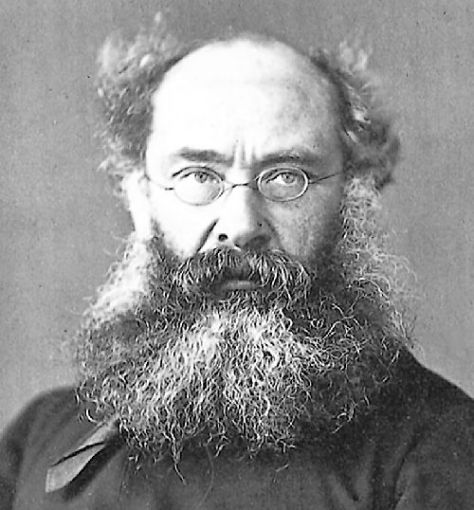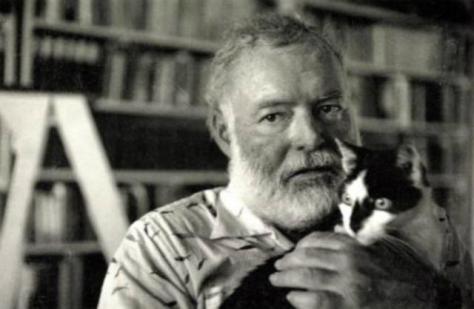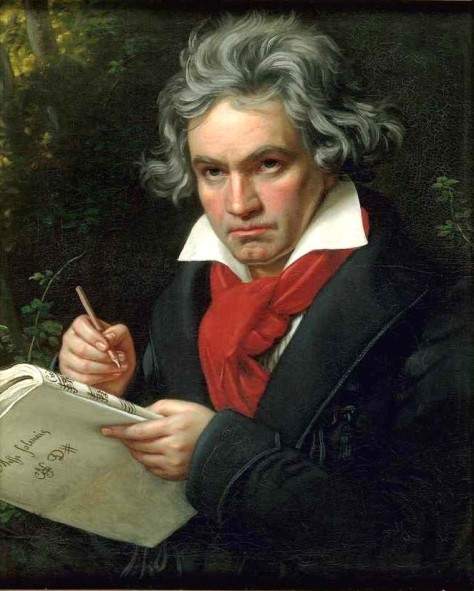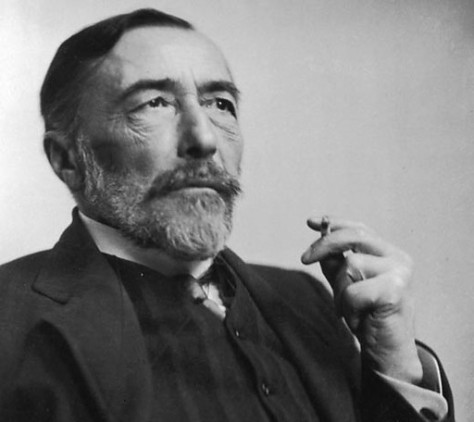People generally advise writers to hint at things through the characters’ actions and words rather than reveal things forthrightly through the narrative. This rule is referred to as “Show, Don’t Tell,” and many people have told me to follow it–slightly more times than people have told me to add more detail to particular scenes. Yet, readers are all unique: the details desired by one another can live without. Generally, the rule of “Show, Don’t Tell” ought to be followed; but, Terry Brooks in his work on writing, Sometimes the Magic Works: Lessons from a Writing Life, reminds us that there is only one rule which must never be broken: “Don’t Bore the Reader.” One may understand it as the overarching rule from which the others derive. Depending on the writer, one can conceivably deep-six one or several others as long as this one is adhered to.
But, I have always thought that there would be dire consequences to explaining away too much. Then, I read, or rather listened to, an audiobook of Anthony Trollope’s Barchester Towers. He literally defenestrates this rule from the onset. Not only does he defenestrate it, but he tells the reader that he despises the authorial technique of the writer holding back details and keeping the reader in suspense for what is often a banal ending. Instead, he makes a pact with the reader with the result that, as much as possible, the reader will know everything he, the writer, knows!

![IMG_4195[1]](https://aquilaetinfans.files.wordpress.com/2015/03/img_41951.jpg?w=474&h=356)
![IMG_4196[1]](https://aquilaetinfans.files.wordpress.com/2015/03/img_41961.jpg?w=474&h=356)
![IMG_4197[1]](https://aquilaetinfans.files.wordpress.com/2015/03/img_41971.jpg?w=474&h=356)


